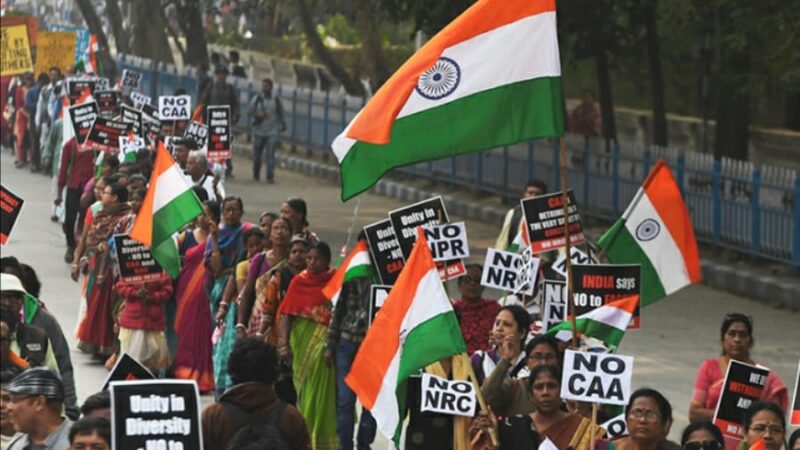THE LAST DECADE LANDMARKS OF SUPREME COURT

1. First case involving conviction for posting obscene messages on the internet: Tamil Nadu v Suhas Katti, 2004 The accused was a family friend of the victim and wanted to marry her. The victim was a divorcee and much to his dismay married another man. The accused posted defamatory and obscene comments against the victim which led to plenty of lewd and annoying phone calls to the victim. On filing a complaint the accused was held guilty under section 469 and 509 of Indian Penal Code and Section 67 of the Information Technology Act 2000.
- Conviction of rape accused based solely on victim’s statement:
Om Prakash v Dil Bahar, 2006 The accused was a relative of the victim and had come to attend the court proceedings of the victim’s husband. The victim was six months pregnant. The accused tried to rape her when she was alone. When the victim raised an alarm, the accused was hauled and handed over to the police. Although no evidence of rape was found, the accused was given a seven-year sentence based on the statement of the victim and eyewitness accounts without considering medical evidence.
- Definition of rape widened beyond penile- vaginal penetration:
Nirbhaya Case or Ram Singh and ors v Union of India, 2012 Narrating the gruesome incident would be salting fresh wounds of a feminist. So, I leave it to your knowledge. By framing the Criminal Law Amendment Act, the definition of ‘rape’ was expanded to include penetration of any orifice of a woman with any part of a man’s body or any object.
- The Supreme Court gave its consent for reopening of Dance bars in Maharashtra:
Reopening of Dance bars, 2013 On 15th of August, 2005, Home Minister RR Patil announced that dance bars would be shut all across the state reasoning that dance bars were degrading the morals of youth. This resulted in unemployment of 75,000 girls which pushed them towards prostitution. Eight years later in 2013, the ban was struck down by the Supreme Court under article 19 of the constitution which guarantees freedom of trade and profession.
- Sellers to own valid ID, sale to be reported to police and buyers to explain the reason for buying:
Curbing the sale of acid, 2013 The case was taken up considering the acid attack cases and public interest litigations being filed in which the court said, “We direct the chief secretaries of all states and the administrator of the Union Territories to comply with the direction given in the order on July 18 and frame rules in tune with model rules framed by Centre to regulate the sale of acid at the earliest and possibly by March 31, 2014”.
—————
About the Author: The article has been contributed by our intern, Shristi Banerjee.






